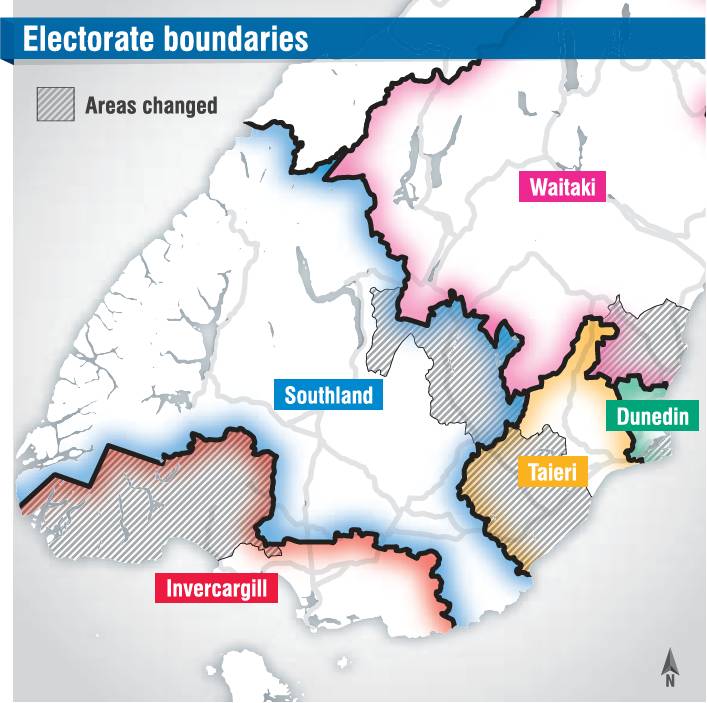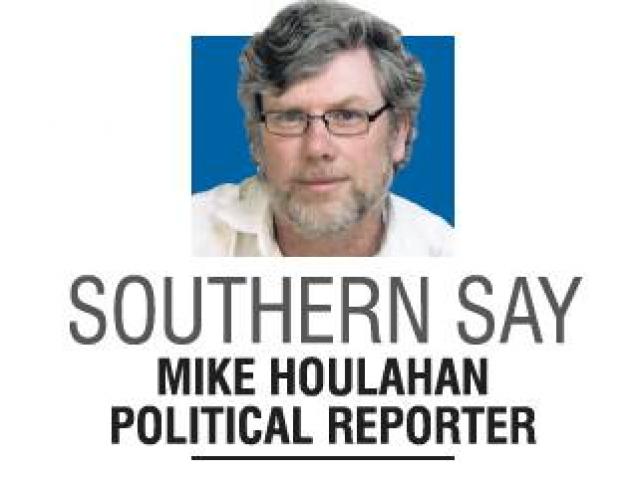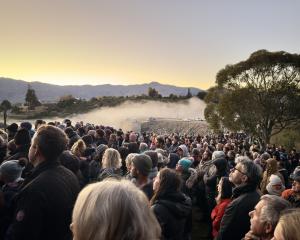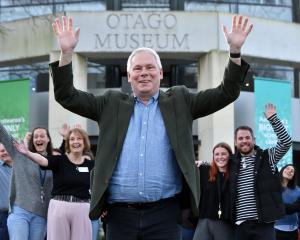
Now we have electorates, all we have to wait for is an election ... Covid-19 permitting.

Last week, the Representation Commission released the final electorate boundaries to be used, hopefully, this September, and again in 2023.
There was little change from the draft boundaries, although public pressure did work in some places; determined lobbying saw Winton and the Catlins remain in the renamed Southland seat, and Tuatapere and its surrounds moved into Invercargill to make up the shortfall.
The legal requirement that there be 16 general electorate seats in the South Island, and that they have approximately the same number of people in them, means there are always a few odd-shaped seats in Otago-Southland.
All five electorates down here needed their borders moved in some way as they were either over or under their population quota; as an example, Dunedin South lost the peninsula to the north, gained a swathe of rural heartland to the south, and found itself renamed Taieri.


While a nice nod to the past — the Gold Rush days meant more people lived in the plains back then and there was a Taieri seat centred on Mosgiel from 1866-1911 — that name change, and more specifically the renaming of Dunedin North as simply Dunedin, did make some wonder if a single Dunedin seat was in the commission’s long-term thinking.
Barring mass migration, that seems unlikely — there are still roughly enough people in Dunedin for the city not to become a single seat.
However, the redrawing of the lines for 2026 and beyond will be a challenge, as the commission signalled.
A ‘‘Lakes’’ seat is inevitable if current population trends continue; creating one this time ‘‘would have required a significant redraw of neighbouring electorates’’, to quote the commission.
Or, in other words, it would create an almighty stink we do not want any part of thanks very much.
Where there are electorates, there are also electorate candidates.


Labour and National have already made most of their southern selections.
In the red corner we have Ingrid Leary in Taieri, Liam Wairepo in Waitaki, Liz Craig in Invercargill, and — unless he changes his mind — David Clark in Dunedin; in the blue, sitting MPs Jacqui Dean and Hamish Walker will stand in Waitaki and Southland respectively, Michael Woodhouse in Dunedin and Liam Kernaghan in Taieri..
The Green corner is now starting to fill up too, with confirmation today that prominent local activist Jack Brazil will be the party candidate in Dunedin and Scott Willis in Taieri.
Mr Brazil has strong links to the university and has been on enough protest marches to offer strong appeal to the left-minded in an electorate which is a vital source of party votes for the Greens.
Scott Willis, the general manager of Blueskin Energy, comes to the Taieri contest match fit after standing as the party’s candidate for the Otago Regional Council in last year’s local body election.
Although out of his patch, party members presumably felt his semi-rural background and long-time advocacy on the housing front was a better match to the electorate profile of the old Dunedin South seat.
Act and New Zealand First have yet to enter the fray but they do have time on their side; candidates have until August 21 to put their names forward.
It is understood New Zealand First is not too far away from announcing election candidates, the ongoing Covid-19 crisis no doubt having played its part in the delay.
The main area of interest will be whether its local list MP Mark Patterson will once more stand in Southland — a seat he has put much effort in to — or following the boundary changes opt to stand in the electorate in which he finds he now lives, Taieri.
Taieri will be very tempting for Mr Patterson; he has stronger electorate ties than most announced candidates, and his rural background will be an asset in what is now a much more agrarian seat.
In addition, if he stood there Mr Patterson would no doubt be keen to target South Dunedin’s many elderly voters, and play up the role the Provincial Growth Fund played in securing the future of the Hillside workshop.
Like riding a bike
Long before she developed political aspirations, Labour Taieri candidate Ingrid Leary was a journalist, and a pretty fair one at that.
With campaigning at a minimum in these Level 4 days she has returned to the trade, so to speak, and her Facebook feed now boasts ‘‘Ingrid’s Interviews’’, a series of interviews with movers and shakers.
Interview subjects are not just her Labour colleagues either, although it is probably a bit easier for Ms Leary to gain access to party leadership for 20 minutes interviews these days.
I knew you before you were famous
Former Dunedin North MP Pete Hodgson has had a sinking feeling these past few weeks; back when he was Health Minister he was responsible for New Zealand’s preparations for a pandemic which never affected us as we feared it might: bird flu.
While Covid-19 has given
him a nasty sense of deja vu, more pleasant has been watching the rising to the occasion of Ashley Bloomfield, who back in Mr Hodgson’s day was a young public servant shadowing the then head of public health.
Given Dr Bloomfield’s poise during the Covid-19 crisis, he obviously watched closely and learned well.












